Indigenous Governance Database
identity
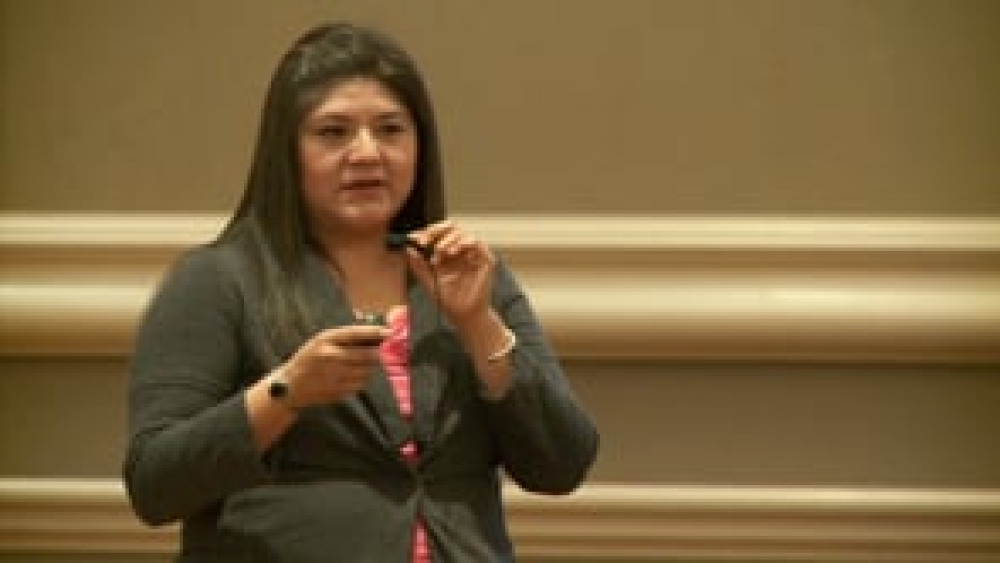
Shannon Douma: Cultivating Good Leadership: The Santa Fe Indian School's Summer Policy Academy
Shannon Douma (Pueblo of Laguna) provides a detailed overview of how the Santa Fe Indian School's Summer Policy Academy works to develop Pueblo youth to ably take the leadership reins of their nations through a rigorous curriculum designed to build up their sense of cultural identity and personal…
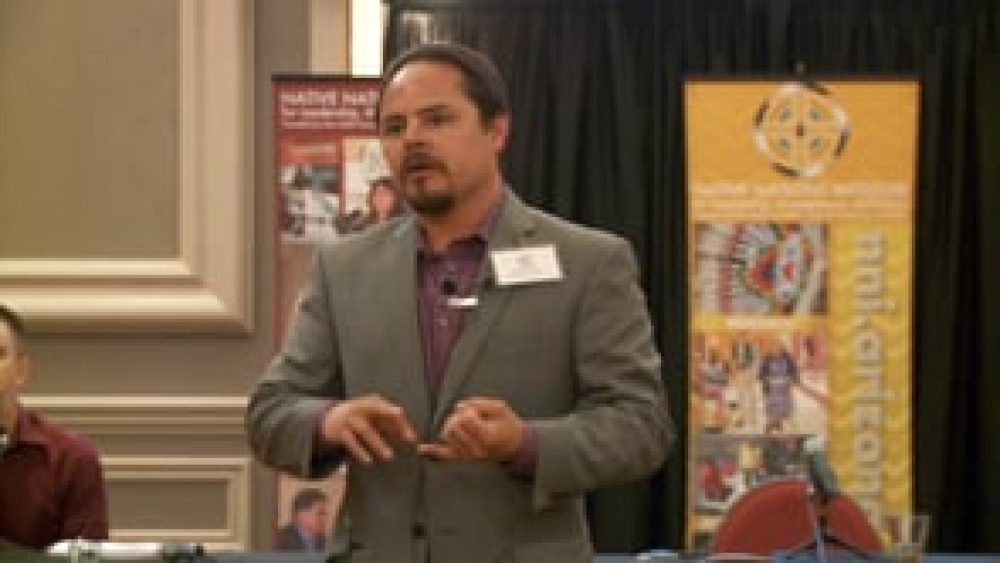
Carlos Hisa and Esequiel (Zeke) Garcia: Ysleta del Sur Pueblo: Redefining Citizenship
Carlos Hisa and Esequiel (Zeke) Garcia from Ysleta del Sur Pueblo (YDSP) provide an overview of the approach that YDSP is following as it works to redefine its criteria for citizenship through community-based decision-making. They also share the negative impacts that adherence to blood quantum as…
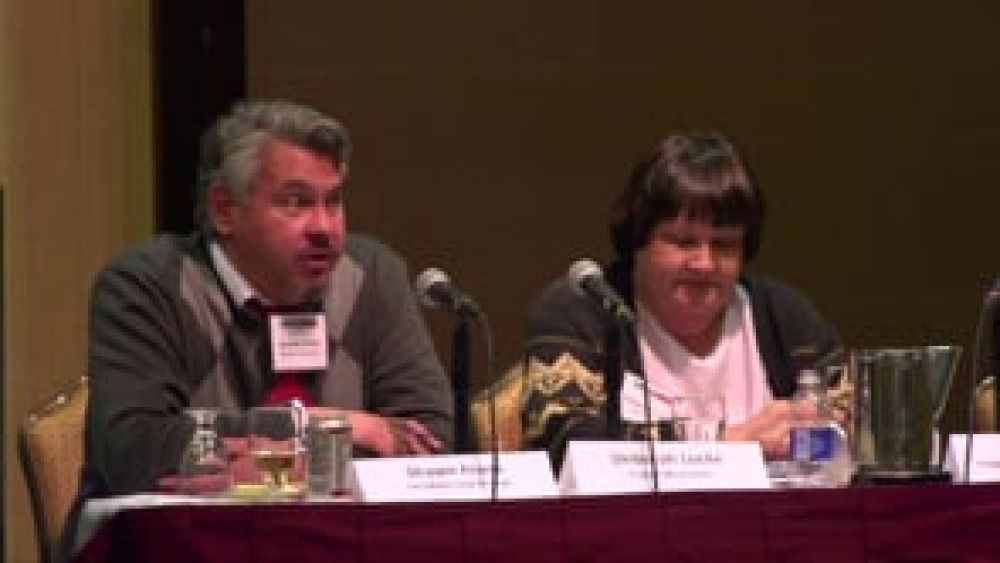
Sharon Day, Shawn Frank and Deborah Locke: Disenrollment (Q&A)
Panelists Sharon Day, Shawn Frank, and Deborah Locke field questions from the audience and a few participants offer their closing thoughts on the question of tribal citizenship and identity. This video resource is featured on the Indigenous Governance Database with the permission of the Bush…
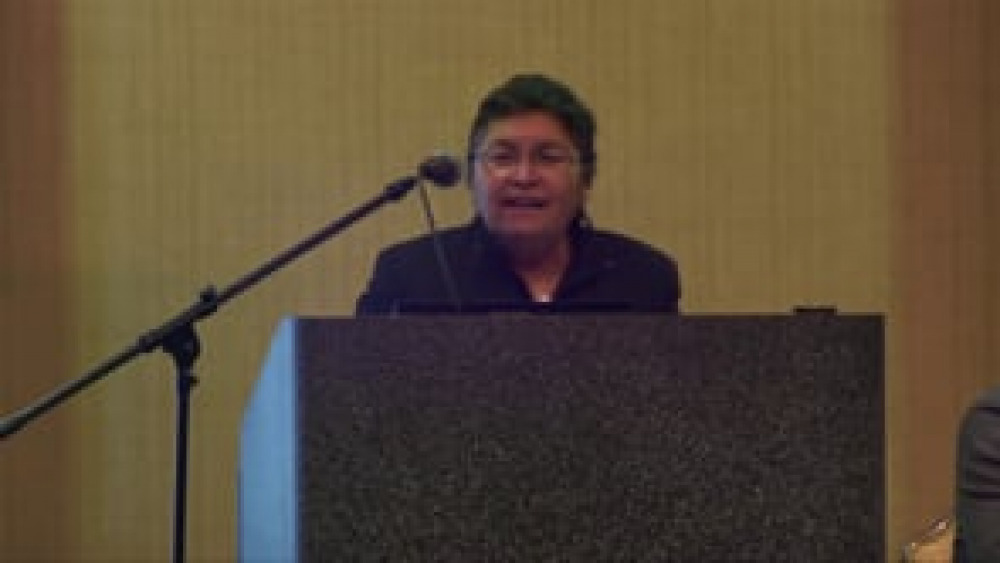
Sharon Day: Disenrollment: Contemplating A More Inclusive Approach
Sharon Day (Bois Forte Band of Chippewa) makes a compelling case for Native nations to abandon externally imposed criteria for citizenship that continue to cause internal divisions within Native nations and communities and instead return to Indigenous cultural values and teachings predicated on…
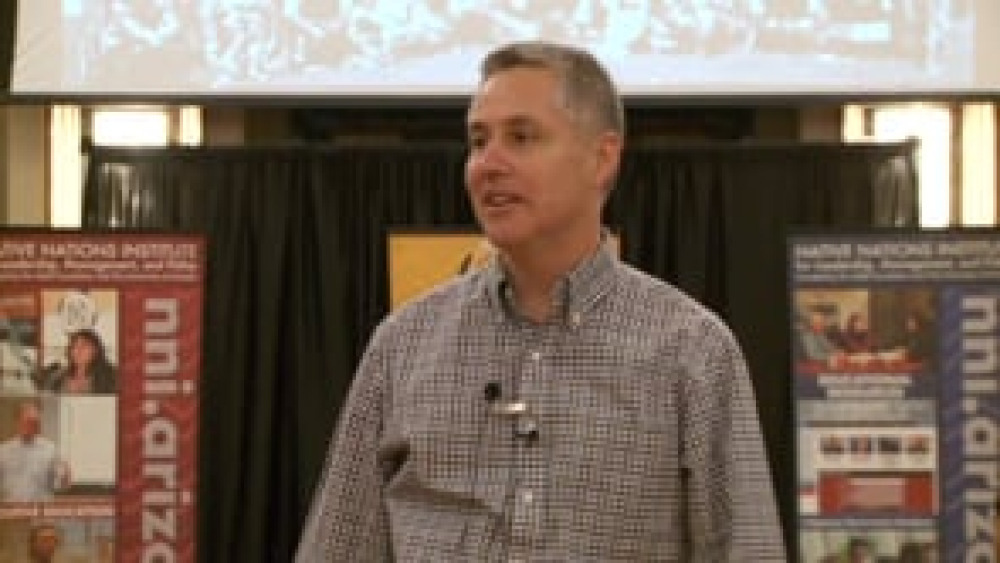
John Borrows: Who Are We and How Do We Know?
University of Minnesota Law Professor John Borrows (Anishinaabe) discusses how the Anishinaabe traditionally defined and practiced notions of social identity and belonging, and how those definitions and practices were rooted in relationships: relationships between those deemed to be part of the…
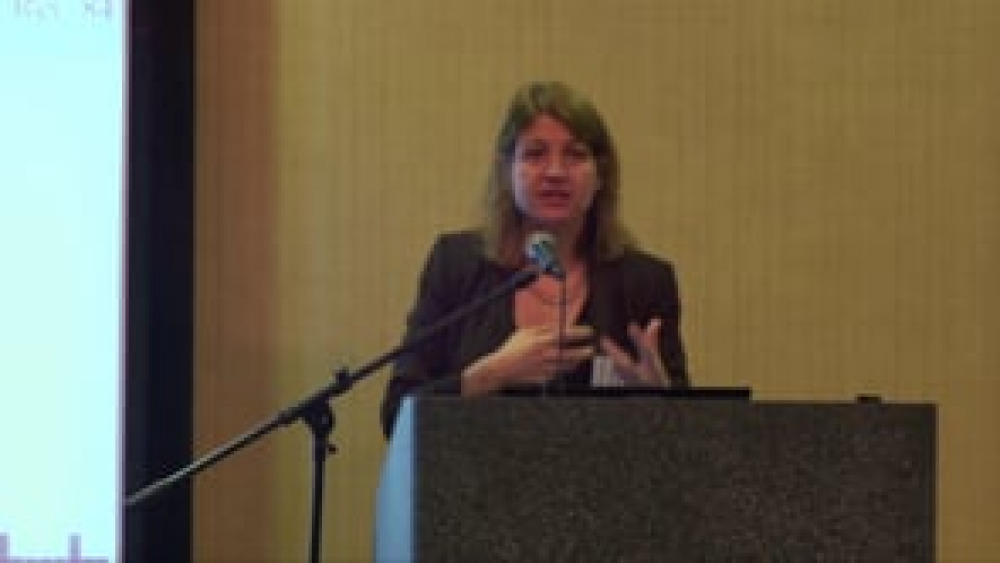
Bethany Berger: Citizenship: Culture, Language and Law
University of Connecticut Law Professor Bethany Berger provides a brief history of the federal policies that have negatively impacted the ways that Native nations define and enforce their criteria for citizenship historically through to the present day. This video resource is featured on the…
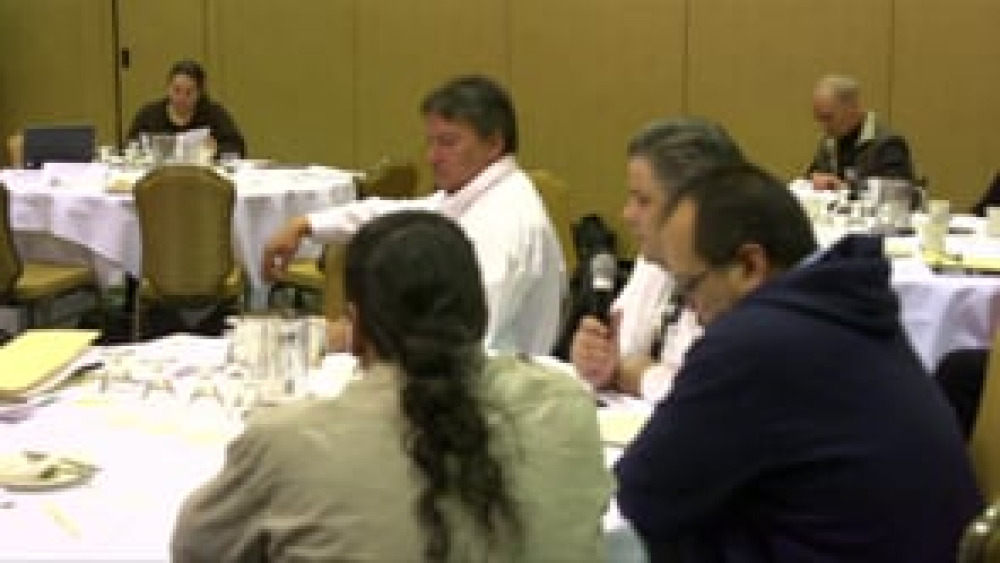
Jill Doerfler and Matthew Fletcher: Defining Citizenship: Blood Quantum vs. Descendancy (Q&A)
Panelists Jill Doerfler and Matthew Fletcher fields questions from the audience, and several participants offer their heartfelt perspectives on the complicated cultural and social dynamics surrounding citizenship and identity in their respective Native nations and communities. This video resource…
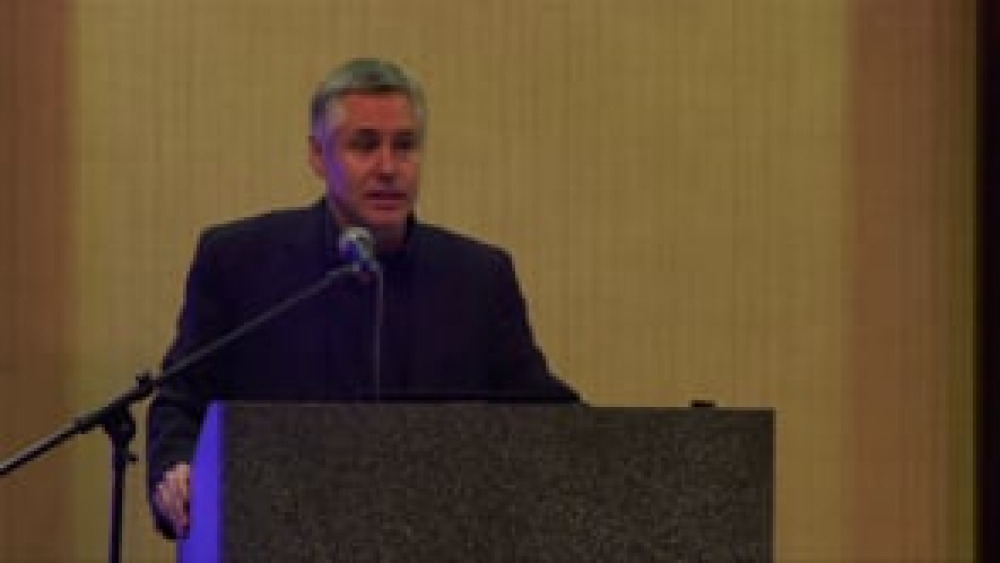
John Borrows and Stephen Cornell: Citizenship: Culture, Language and Law (Q&A)
Professors John Borrows and Stephen Cornell field questions from conference participants about a number of topics surrounding Indigenous notions of citizenship and membership. In addition, some participants provide brief commentaries about how their particular Native nations are wrestling with this…
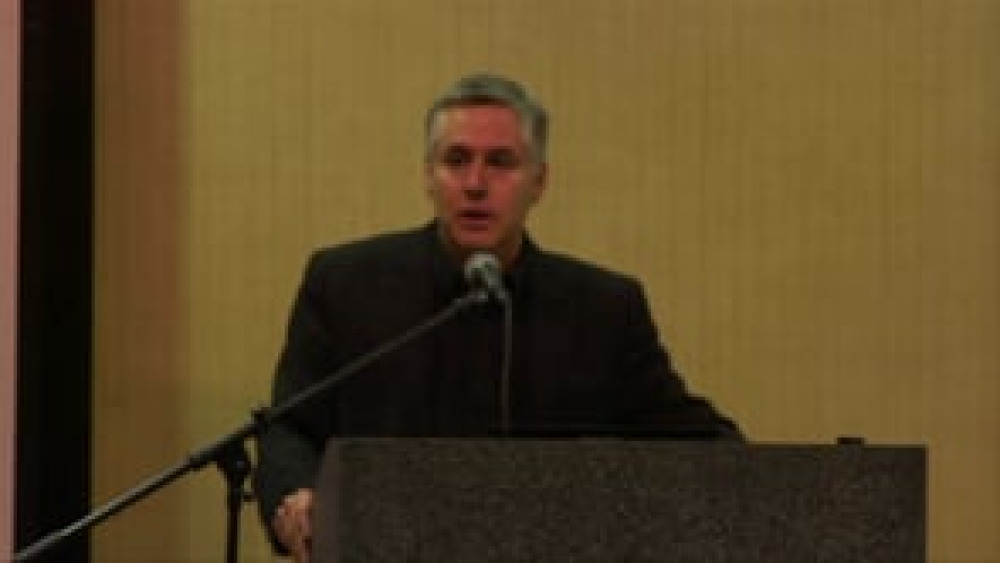
John Borrows: Anishinaabe Principles of Citizenship and Identity
University of Minnesota Law Professor John Borrows (Anishinaabe) provides an overview of how Anishinaabe people defined citizenship and identity traditionally, and how the cultural principles embedded in that traditional definition possess great power to inform laws defining tribal citizenship…
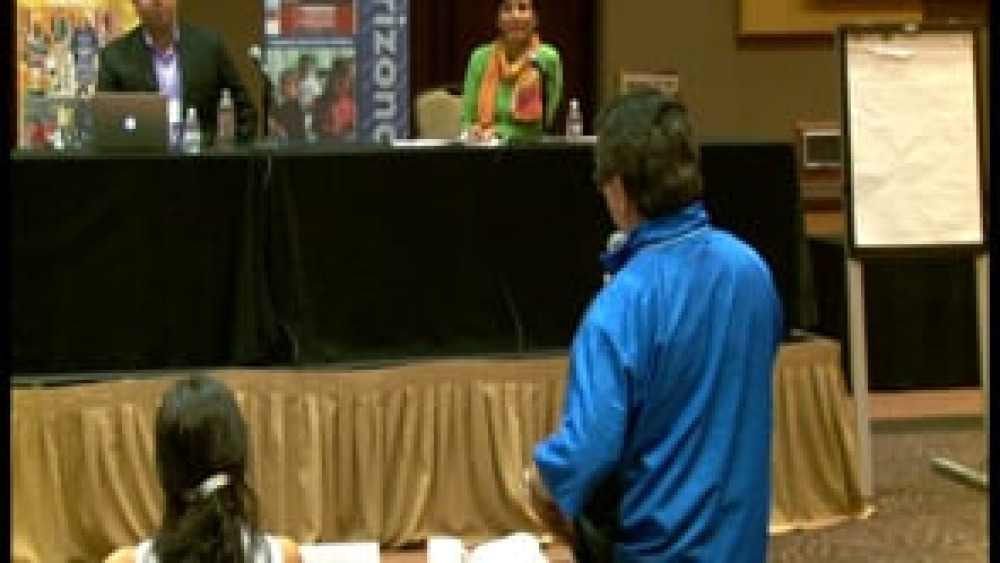
LeRoy Staples Fairbanks III and Adam Geisler: What I Wish I Knew Before I Took Office (Q&A)
Leroy Staples Fairbanks III and Adam Geisler field questions from the audience about the role of education in nation building. The discussion focuses on the importance of Native people being grounded in their culture and language, and where and how that education can and should take place.
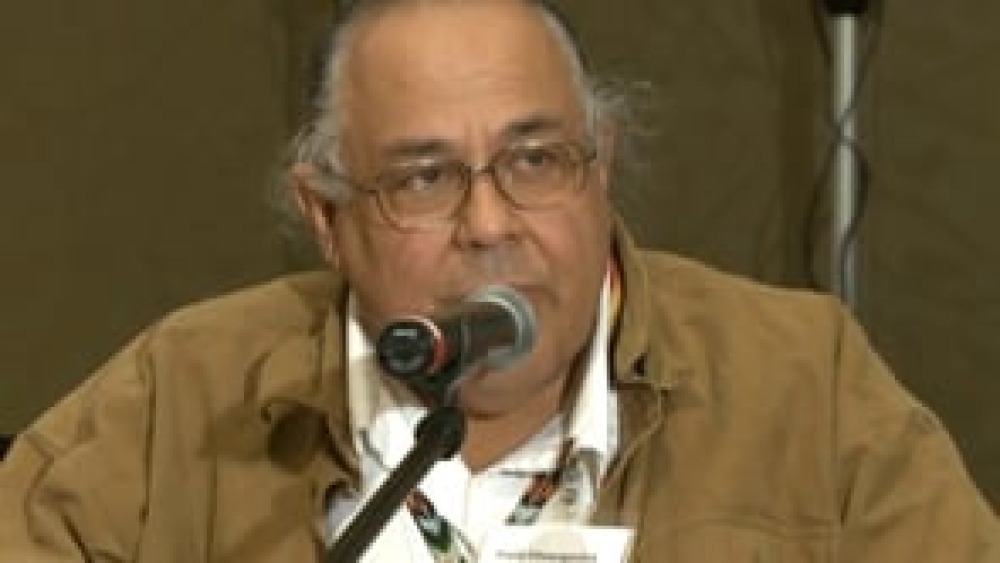
Native Leaders and Scholars: The Movement Away from Blood Quantum
Several Native leaders and scholars discuss the growing movement away from blood quantum as a primary criteria for determining eligibility for citizenship in Native nations.
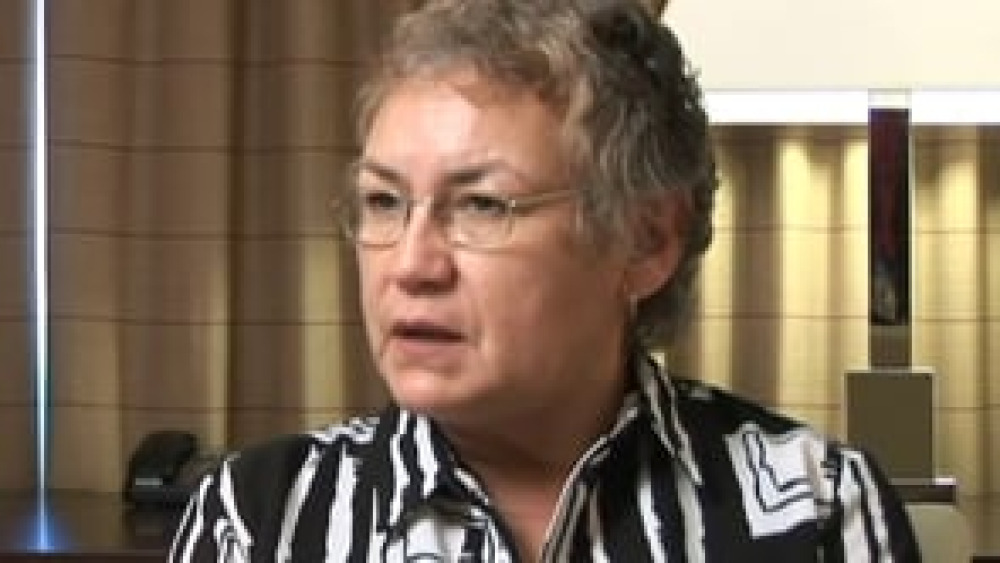
Sophie Pierre: Embracing Ancestry as the Basis for Ktunaxa Citizenship
"One of the key elements or one of our key pillars of course are our people, and our people embody our language and culture and you don't have a choice what you're going to be born as. Any of our people, when they're born, we're Ktunaxa, just as Italians are Italians and it doesn't matter if they…
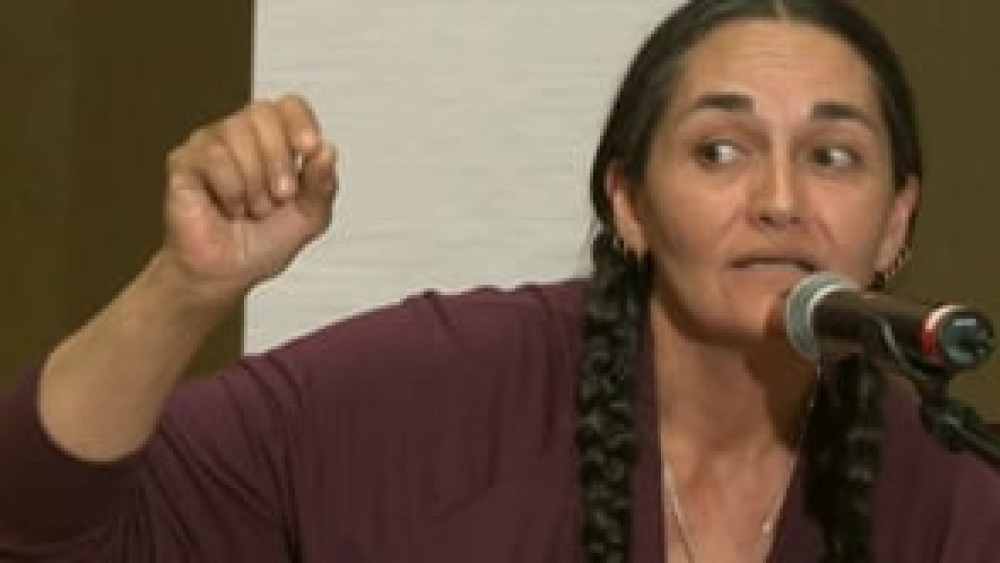
Gwen Phillips: Defining and Cultivating Strong, Healthy Ktunaxa Citizens
Gwen Phillips, Director of Corporate Services and Governance Transition with the Ktunaxa Nation, discusses how Ktunaxa people gained a sense of Ktunaxa identity and belonging traditionally, and the different criteria that Ktunaxa is considering including among its citizenship criteria today.
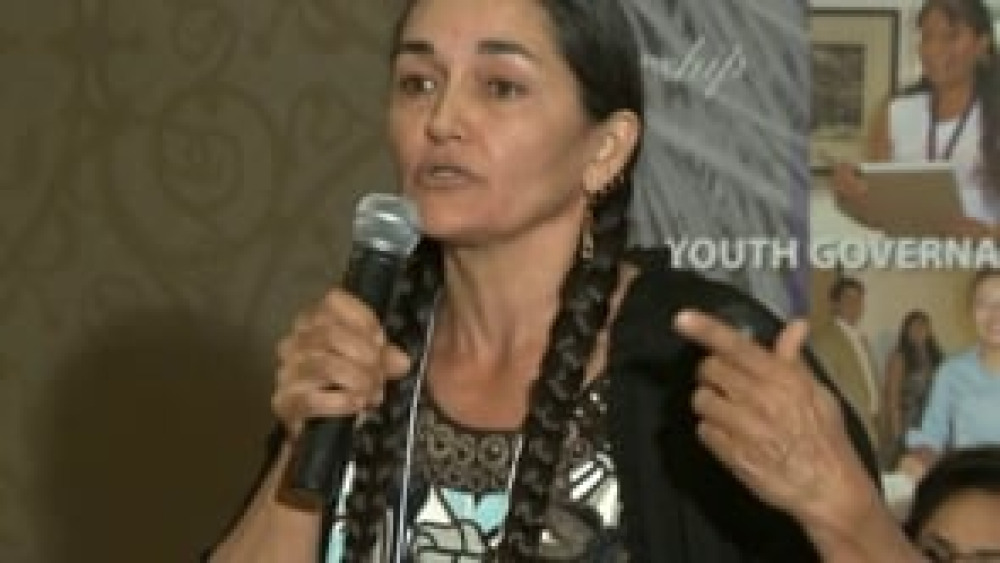
Gwen Phillips: The Relationship Between Constitution, Culture, and Citizenship
Gwen Phillips, Director of Corporate Services and Governance Transition with the Ktunaxa Nation, discusses some of the issues that the Ktunaxa Nation is deliberating as it engages the question of how to redefine its criteria for citizenship.
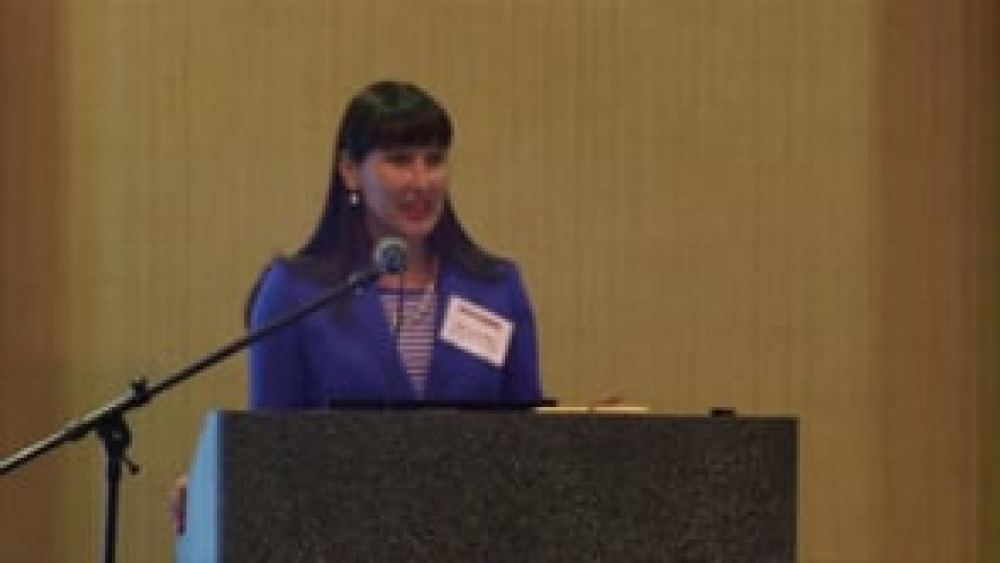
Jill Doerfler: Defining Citizenship: Blood Quantum vs. Descendancy
Scholar Jill Doerfler (Anishinaabe) talks about the colonial origins of blood quantum as a criterion for determining "Indian" and tribal identity, and explains how the federal government imposed that criterion upon the White Earth people in order to divest them of their land. She also stresses the…
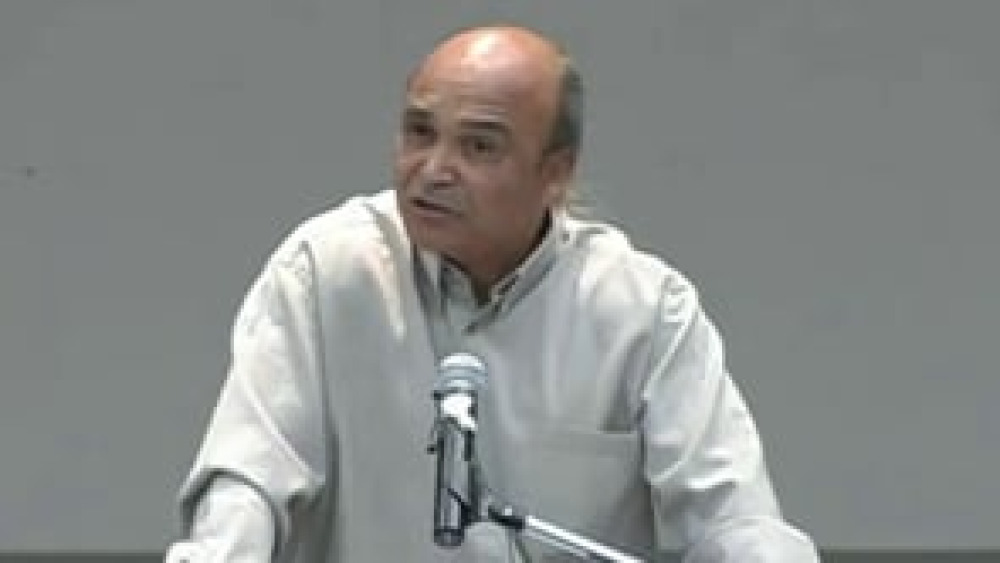
David Wilkins: Putting the Noose on Tribal Citizenship: Modern Banishment and Disenrollment
The final speaker for the 2008 Vine Deloria, Jr. Distinguished Indigenous Scholars Series at the University of Arizona, scholar David Wilkins (Lumbee) shares his research into the recent and growing phenomenon of disenrollment that is occurring across Indian Country, and delves into the likely…
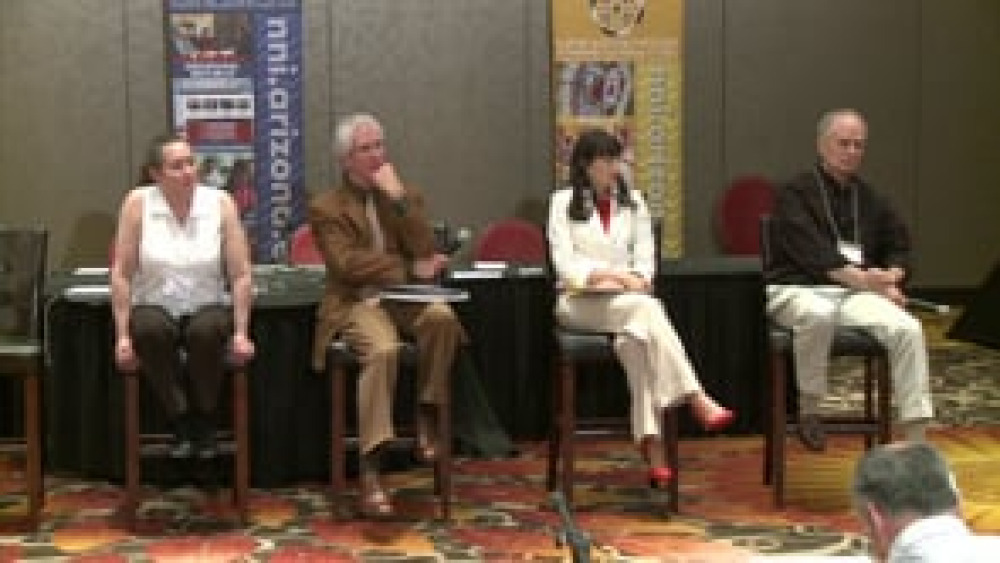
Constitutions and Constitutional Reform - Day 1 (Q&A)
Presenters and moderators from the first day of NNI's "Tribal Constitutions" seminar gather to field questions from seminar participants on a variety of topics ranging from dual citizenship to the relationship between a nation's constitution and its economic development environment.
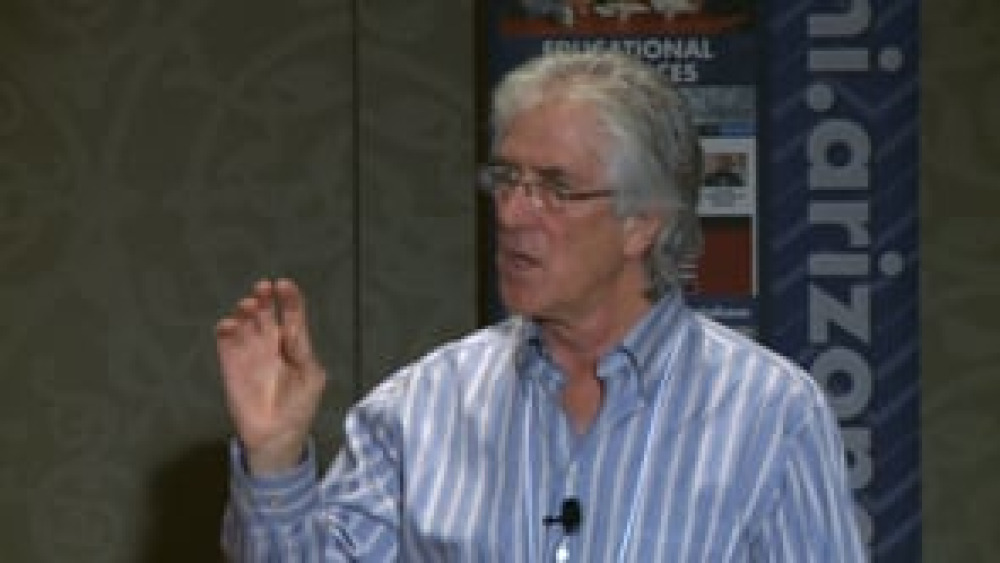
Robert Hershey: The Legal Process of Constitutional Reform
Robert Hershey, Professor of Law and American Indian Studies at the University of Arizona, provides an overview of what Native nations need to consider when it comes to the legal process involved with reforming their constitutions, and dispels some of the misconceptions that people have about the…
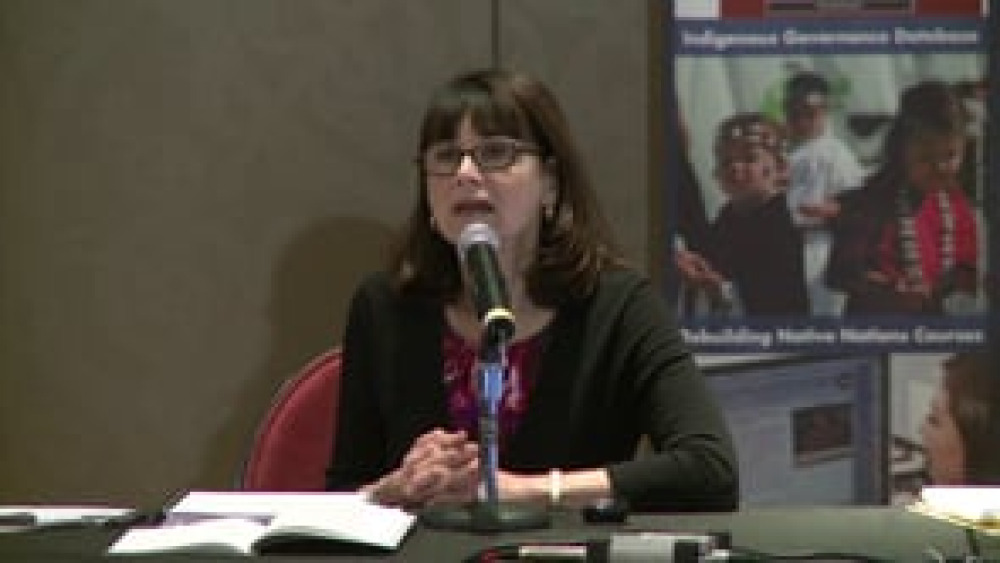
Carole Goldberg: Designing Tribal Citizenship
Scholar Carole Goldberg shares what she's learned about citizenship criteria from her extensive work with Native nations across the country, and sets forth the internal and external considerations that Native nations need to wrestle with in determining what their citizenship criteria should be.
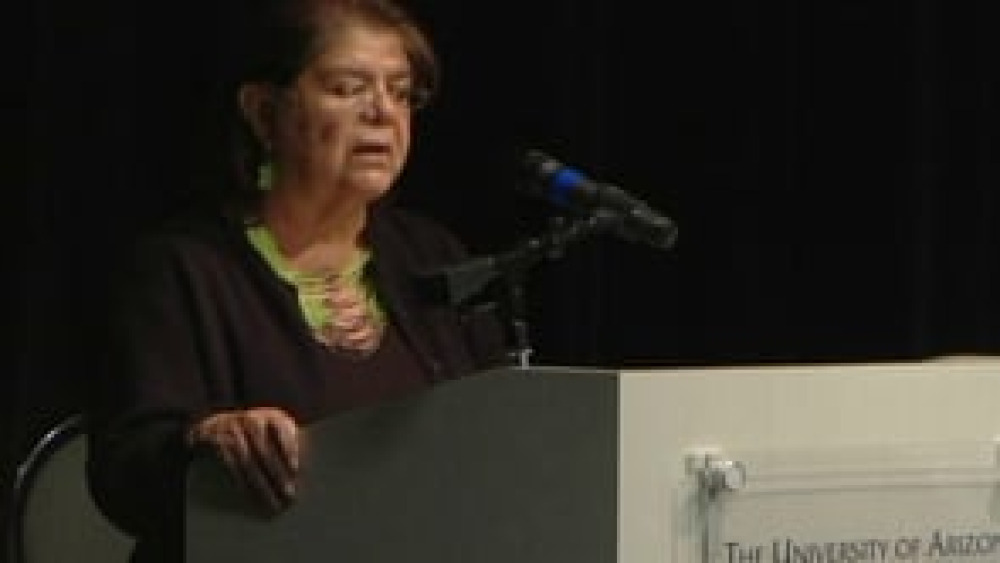
Wilma Mankiller: What it Means to be an Indigenous Person in the 21st Century: A Cherokee Woman's Perspective
Former Principal Chief of the Cherokee Nation Wilma Mankiller discusses the common misperceptions that people have about Indigenous people in the 21st century, and the efforts of Indigenous peoples to maintain their identity, cultures, values, and ways of life.
